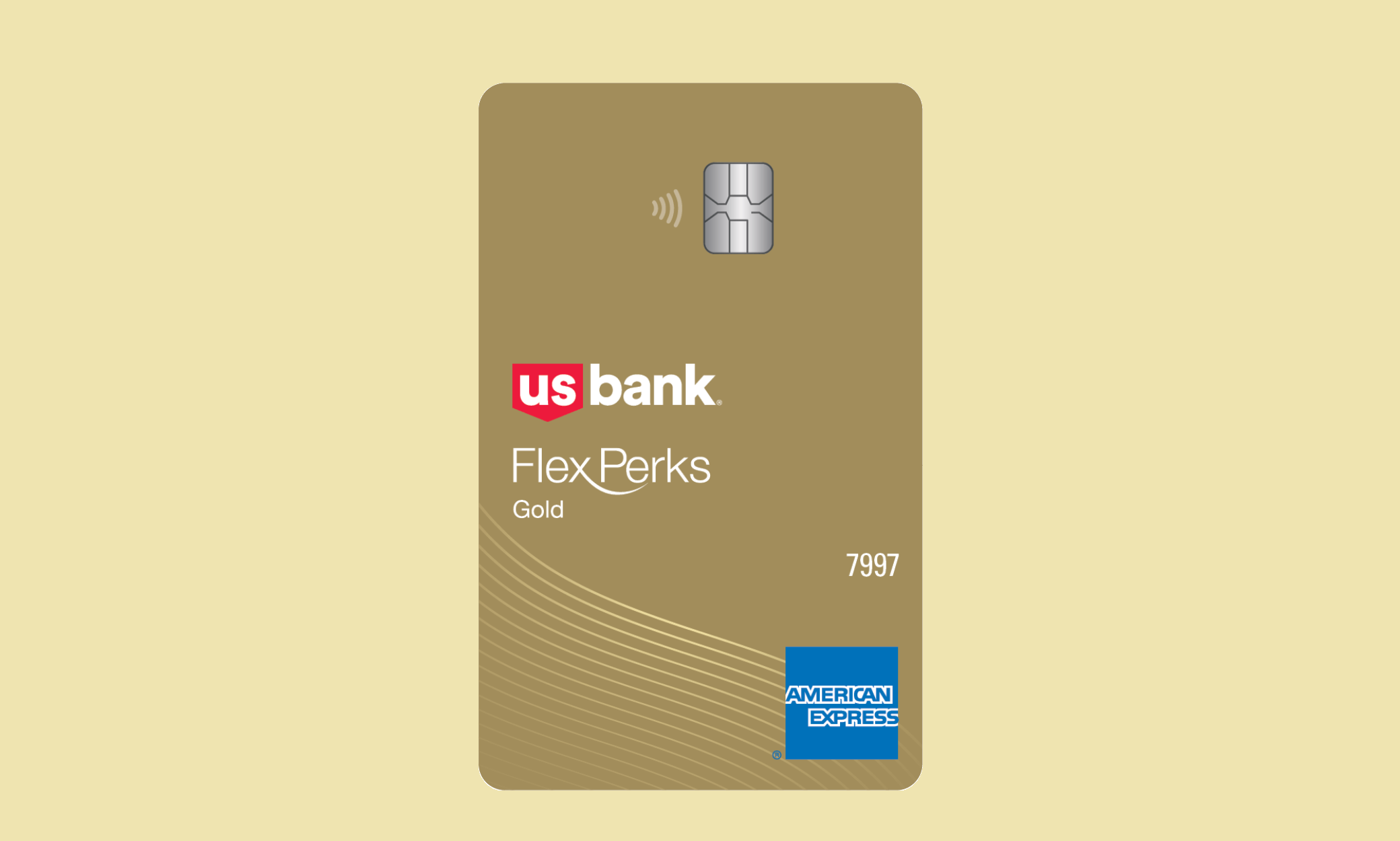How to Build a Healthy Credit History Using Credit Cards

The Importance of Your Credit History
Your credit history is a reflection of your financial responsibility, and it opens doors to various opportunities. A healthy credit history can lead to a better mortgage rate, lower insurance premiums, and even job prospects. Understanding how to build this history using credit cards is essential for anyone looking to take charge of their financial future.
Credit cards can be powerful tools when used wisely. They offer the chance to show lenders you can manage credit responsibly, which is a significant factor in determining your creditworthiness. Here are some key benefits of building a good credit history:
- Improved credit score: A higher credit score can significantly lower your borrowing costs. For instance, a score of 760 or above can save you thousands of dollars over the life of a mortgage compared to a score of 620.
- Loan approval: When applying for loans—whether for a vehicle, home, or personal needs—a good credit history increases your likelihood of getting approved. Lenders view solid credit histories as a sign that you are a responsible borrower.
- Establishing trust: When you demonstrate responsible use of credit cards, lenders see you as financially reliable. This trust can extend to other entities, such as landlords and insurance companies, who may offer better terms based on your creditworthiness.
Many people worry that credit cards can lead to debt, but with the right approach, they can be an asset rather than a liability. To truly benefit from these financial tools, it is crucial to make informed and conscious decisions about how you use credit. This includes understanding interest rates, managing payment deadlines, and keeping balances low. Being proactive in your financial management will not only build your credit history but also foster your overall financial independence.
As you embark on your journey towards a healthy credit history, remember to embrace the process with confidence. Set realistic spending goals, track your transactions diligently, and never hesitate to seek advice if needed. By adopting responsible spending habits and understanding the intricacies of credit cards, you will navigate the path toward a brighter financial future. Each small step you take today can lead to significant changes tomorrow, empowering you to make informed financial choices that will serve you well for years to come.
DISCOVER MORE: Click here to delve deeper
Strategic Use of Credit Cards
To build a healthy credit history, it’s essential to understand how to use credit cards strategically. While credit cards can provide access to funds, they can also lead to financial pitfalls if not managed adeptly. Therefore, adopting safe practices when utilizing these cards is vital. Start by selecting the right credit card that aligns with your financial goals. Whether it’s a card with rewards, cash back benefits, or low-interest rates, select one that encourages disciplined spending and wisely enhances your credit score.
Once you have a suitable credit card, consider the following practices to strengthen your credit profile:
- Pay your bills on time: Timely payments are the cornerstone of a strong credit history. Late payments can lead to significant penalties and damage your credit score. Schedule reminders or set up automatic payments to avoid missing deadlines.
- Keep your credit utilization low: Credit utilization refers to the ratio of your current credit card balance to your total credit limit. Aim to keep this ratio below 30%. For example, if your credit limit is $1,000, strive to maintain your balance under $300. Low utilization signals to lenders that you’re responsible with credit.
- Limit new credit inquiries: While it might be tempting to apply for multiple credit cards to increase your credit limit, frequent inquiries can negatively impact your score. Only apply for new credit when necessary.
- Build a credit limit gradually: Initially start with one or two credit cards and avoid overwhelming yourself. As your credit history grows positively, you can eventually request credit limit increases or explore additional cards—or even new financial products that suit your evolving needs.
Additionally, regularly monitoring your credit report is crucial. This practice allows you to understand your standing and identify areas for improvement. You are entitled to a free credit report annually from each of the three major credit bureaus—Equifax, Experian, and TransUnion. Take advantage of this to ensure there are no inaccuracies that could harm your credit score.
Another essential aspect of building your credit history is having a mix of credit types. If your only current credit is a credit card, consider diversifying your credit mix with a small personal loan or an installment plan. Creditors typically view a diverse credit portfolio favorably, as it demonstrates your ability to manage multiple types of debt responsibly.
Finally, patience is key. Building a robust credit history doesn’t happen overnight. Establishing good habits from the outset will pay off in the long run. By consistently demonstrating responsible credit card behavior, you set yourself up for financial success and stability.
DISCOVER MORE: Click here to learn how to apply
Establishing Healthy Financial Habits
Beyond the strategic use of credit cards, forging a healthy credit history requires establishing sound financial habits that promote long-term stability. The way you handle your credit cards now will ripple throughout your financial future. Embracing a disciplined and educated approach to credit management can substantially ease the road ahead.
Start with a budget. Creating a monthly budget can be a game changer when it comes to managing credit card spending. Outline your income, expenses, and savings goals. When you know how much you have available each month, it becomes easier to determine how much you can spend on credit cards without getting into debt. By adhering to your budget, you reinforce responsible spending, which in turn enhances your credit history.
Educate yourself about credit. Knowledge is power. Take the time to learn about how credit scores are calculated and the various factors that contribute to your overall credit profile. Understanding the ins and outs of credit can empower you to make informed decisions. Numerous online resources and financial literacy programs are available that can help demystify credit scores, interest rates, and the impact of debt on your financial health.
Utilize rewards programs wisely. If you’ve chosen a credit card with rewards or cashback options, be intentional about how you benefit from these programs. While it’s tempting to spend just to earn rewards, focus on making purchases that fit into your budget rather than incurring unnecessary debt for points or cashback. The key is to leverage these features responsibly, allowing you to earn perks while maintaining a healthy financial outlook.
Communicate with your lender. If you encounter challenges making payments or managing your credit, reach out to your credit card issuer. Building a relationship with your lender is beneficial, especially if you ever find yourself in a tough situation. They may provide hardship programs, lower interest rates, or advice tailored to your specific financial situation. Most lenders understand that life happens and will work with you when you are proactive in addressing issues.
Avoid closing old accounts. Length of credit history is an important component of your credit score. Therefore, consider keeping older accounts open, even if you are not using them frequently. The age of your credit accounts contributes positively to your credit score, showing creditors that you have a long history of managing credit responsibly. However, make sure to periodically check for any fees associated with inactive accounts, as they could deter this strategy.
Additionally, embracing a mindset of financial responsibility means accepting that mistakes may happen. Should you find yourself facing unexpected expenses that lead to late payments or increased debt, don’t be discouraged. Acknowledge your challenges, and take actionable steps to rectify the situation. Learning from setbacks can strengthen your resolve and enhance your financial discipline moving forward.
Establishing a healthy credit history isn’t merely about managing credit cards correctly; it’s also about building a robust foundation through financial literacy, responsibility, and proactive habits. Create a financial plan that aligns with your life goals while keeping your credit score in mind. The journey to good credit is gradual, but with dedication and sound practices, it often leads to greater opportunities, such as lower interest rates on loans and easier access to essential financial products in the future.
DISCOVER MORE: Click here to dive deeper
Final Thoughts on Your Credit Journey
Building a healthy credit history is not merely a numbers game; it is a journey centered around responsibility, education, and proactive habits. By taking the time to create a budget, you can manage your credit card spending effectively while steering clear of debt. Empowering yourself through financial literacy equips you with the knowledge needed to navigate the sometimes complex world of credit, ensuring that you make informed decisions that benefit your financial future.
As you utilize rewards programs wisely, remember that the ultimate objective is not just to earn points but to enhance your financial health. This means spending within your means and prioritizing necessities over unnecessary indulgences. A strong relationship with your lender through open communication can also provide valuable support during difficult times, confirming that you are not alone in managing your credit journey.
Ultimately, embracing the length of your credit history can further reinforce your credit standing. Keep old accounts active and reflect on the lessons learned from any financial setbacks. As you apply these principles, know that each step taken forms a part of a greater narrative about your financial well-being.
By fostering a conscientious approach to credit usage, you pave the way for future opportunities—whether it’s securing your dream home or achieving financial independence. The road to a stellar credit history may take time, but with determination and disciplined practices, you can transform your credit story into one of success and stability. Embrace this journey with confidence, and watch as the doors of financial possibilities open wide for you.



